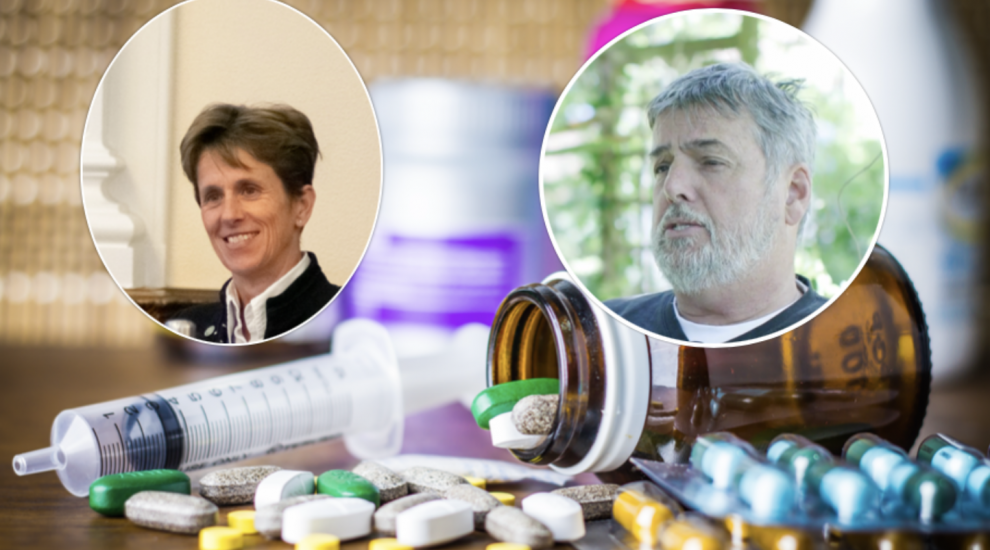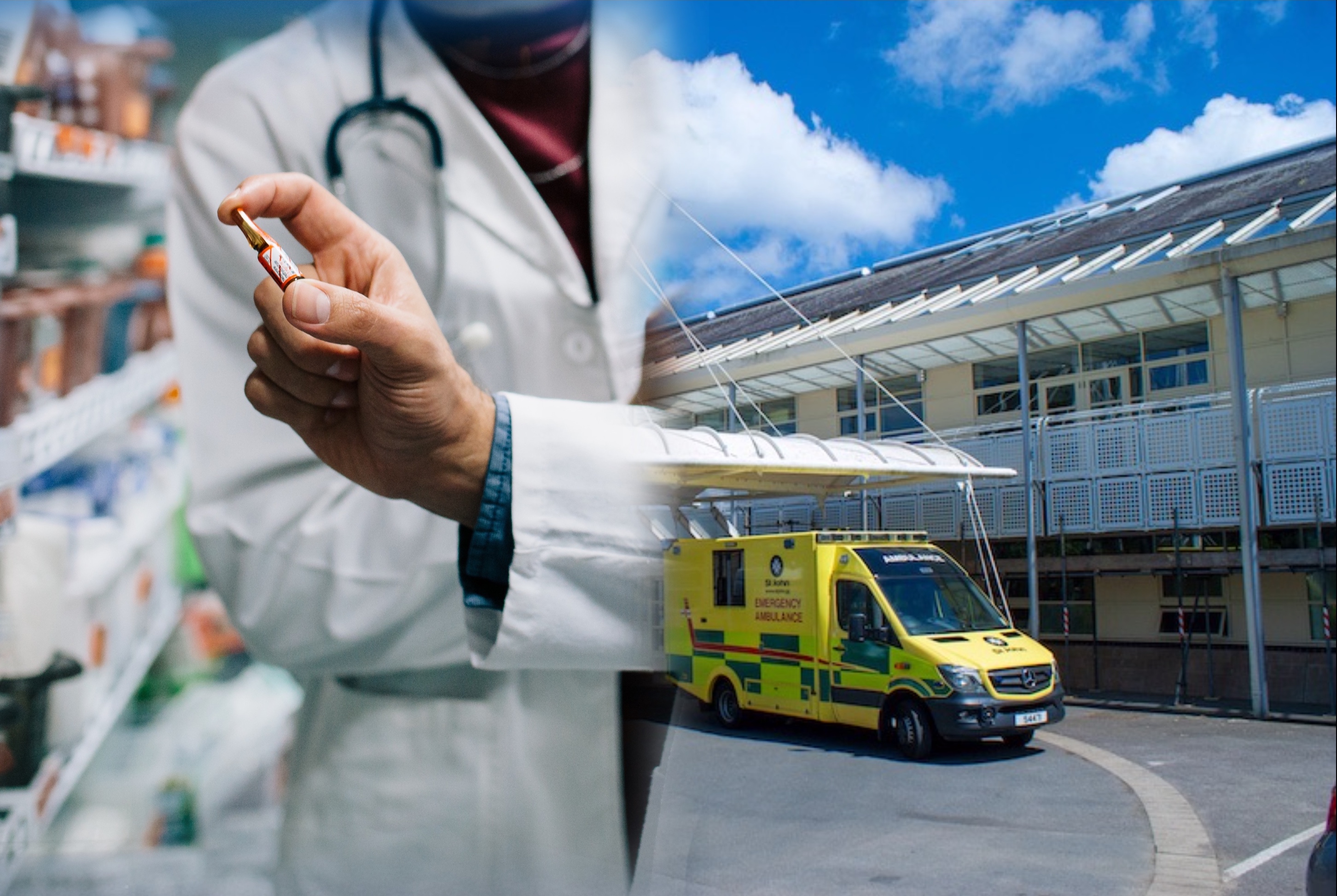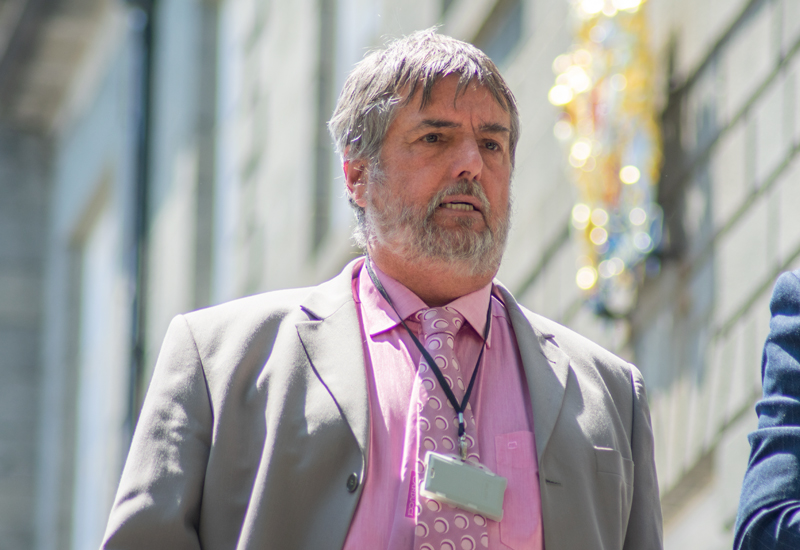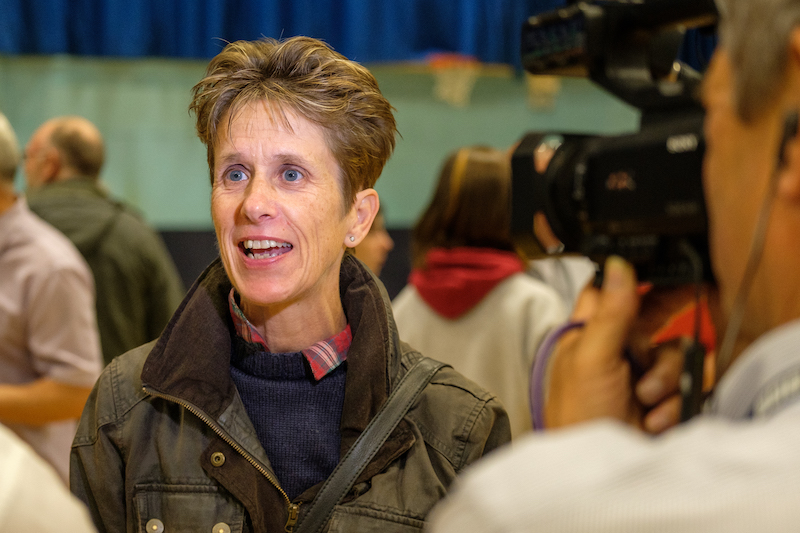


The future of NICE drugs in Guernsey has crystallised after two competing amendments drew emotive debate in the States Chamber, with the winning Roffey amendment getting the States to "keep their promise" of funding life-extending drugs to a higher threshold.
Last year, the States voted to fund new drugs and treatments to close the gap between treatments available to Guernsey residents and those in the UK.
Historically there has been a variety of ‘life-extending’ treatments unavailable to those without private medical insurance or substantial personal funds.
The estimated cost of funding these drugs was £5.6m in Year 1 and £8.3m in Year 2, with the funding sourced from the Guernsey Health Reserve temporarily.

Pictured: It was a unanimous agreement to fund NICE drugs, with disagreements stemming from how to go about it post-covid.
The corona virus pandemic has decimated government finances since this original, short-term funding decision.
The Policy & Resources Committee has approached these financial pressures in the Government Work Plan, which prioritises some projects and puts others in abeyance, matching policy to resources for the remainder of the political term.
The States had previously agreed, overwhelmingly, to fund one year of NICE drugs up to an ICER threshold of £30k for one year and £40k the second year, followed by a review into of effectiveness and value for money. This Policy Letter was laid by the President of Health and Social Care at the time, Deputy Heidi Soulsby.
An Incremental Cost Effectiveness Ratio (ICER) is NOT the cost of a drug, but a calculation of its cost-effectiveness. It is the price tag attributed to one additional year of life attained by the use of one drug compared to another.
If a treatment sits above the ICER threshold it isn’t deemed cost effective and will not be funded. This distinction can lead to some drugs being unavailable to Guernsey patients because the States won’t pay for them.

Pictured: The Roffey amendment admitted to huge costs but argued they should have already been accounted for and the public would agree to stomach it.
P&R's GWP proposed the continued funding of NICE drugs for two years, followed by a review, but pegging the ICER threshold at £30k.
This caught Deputy Peter Roffey’s attention, who saw it as backtracking on a promise made to the general public. His amendment – seconded by Deputy Lester Queripel - sought to retain the original resolution, as agreed by the previous Assembly.
Subsequently, two members of P&R submitted a second competing amendment on their own Policy Letter. Deputy Soulsby, seconded by Deputy Peter Ferbrache, proposed the States fund one year at £30k, immediately followed by a review before the £40k threshold was considered.
It was a lot to unpack and saw both amendments debated simultaneously.

Pictured: “I am urging members for Guernsey not to put a lower price on a life than anywhere else in the British Isles,” pleaded Deputy Roffey.
“This amendment seeks to maintain the decision taken by this Assembly by a completely overwhelming majority,” said Deputy Roffey in his opening speech.
He painted a picture of three people in a hospital ward, one from Guernsey, one from the UK, and one from Jersey, all suffering with the same illness and requiring a certain medication.
“There is only one be patient in that bay who is denied the standard treatment, and that will be the normal Guernsey patient who has to be prescribed a less effective drug, because Guernsey won’t fund the one that everyone else is getting,” he argued.
Alternatively, Deputy Soulsby said she found herself in a difficult position, after leading the original Policy Letter in front of the last States.
"That, however, was pre-pandemic.”
"The effect of two lockdowns has had a considerable impact on both hospital waiting times and the public’s mental health,” she said, highlighting that money earmarked for NICE drugs is now being used to reduce waiting times for essential operations.

Pictured: “It’s easy to look at things in isolation, but we should look at things holistically – there’s a give and take everywhere,” said Deputy Soulsby.
The two amendments saw Deputy Rob Prow, among others, torn between what to vote for.
“Sub-optimal treatments and poor outcomes are a reality for many, unable to afford private health insurance,” he said, urging the Assembly not to renege on its previous decision.
“I am torn between amendment 1 and the compromise and I will listen very carefully to the debate.”
However, Deputy Roffey did get support from Deputies Lindsay de Sausmarez, Tina Bury, and Steve Falla, along with the majority of the chamber.
“There are many people living in this island in need of medication to improve, lengthen or even save their lives – lets remain aspirational for them today,” said Deputy Falla.
Eventually Deputy Roffey’s amendment won out, with a vote of 21/17. A second vote against the Soulsby amendment solidified the assembly’s decision with a vote of 17/20.
If and when the GWP is now agreed to, NICE drugs will be funded in its original form.
Comments
Comments on this story express the views of the commentator only, not Bailiwick Publishing. We are unable to guarantee the accuracy of any of those comments.